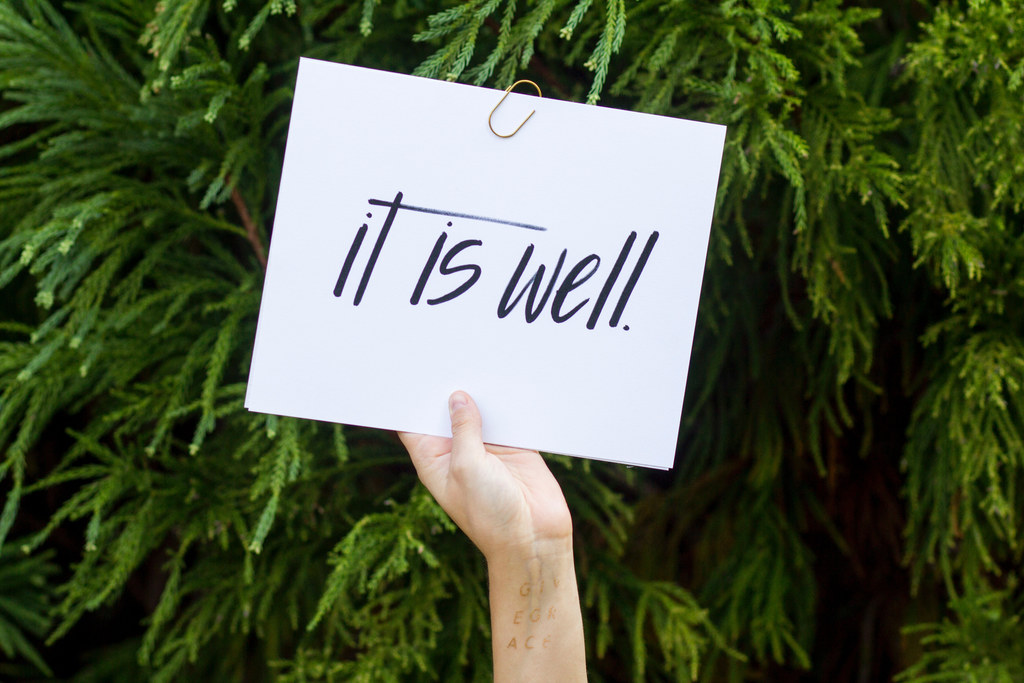Issue #57
The Optimism Bias
Pessimism leads to weakness, optimism to power. — William James

A couple of weeks ago I’ve talked a bit about negativity. This week I’d like to talk about optimism. Specifically, about optimism bias.
Optimism bias, as Tali Sharot explains, is our tendency to overestimate our likelihood of experiencing good events in our lives and underestimate our likelihood of experiencing bad events.
We underestimate how likely we are to experience an accident or illness, and we believe we are smarter, funnier and more successful than the average.
These optimistic illusions affect our financial, professional and emotional decisions. But once we are made aware of our optimism bias, we can act to protect ourselves.
We can get insurance even if we believe we won’t get sick, we can put on a safety belt, even if we believe we won’t ever get into an accident.
We should be optimistic, for there are many upsides to being optimistic, but we should be reasonable and realistic about it.
The Optimism Bias
Are we born to be optimistic, rather than realistic? Tali Sharot shares new research that suggests our brains are wired to look on the bright side — and how that can be both dangerous and beneficial.
Human Brain May Be Hardwired for Hope
Tali Sharot explains why our brains tilt toward the positive (in spite of all the negative).
Being Optimistic Is Good. Knowing about Optimism Bias Is Better.
As long as we are aware of the our own optimism biases, we can protect our actions from its harms. But this should not ruin the optimism that we often need.
Until Next Week
Remember, both optimism and pessimism, regardless how inaccurate your thoughts are, influence and shape your actual outcomes. Be optimistic, but cautious.
Zoran Jambor
Inspiration Bits